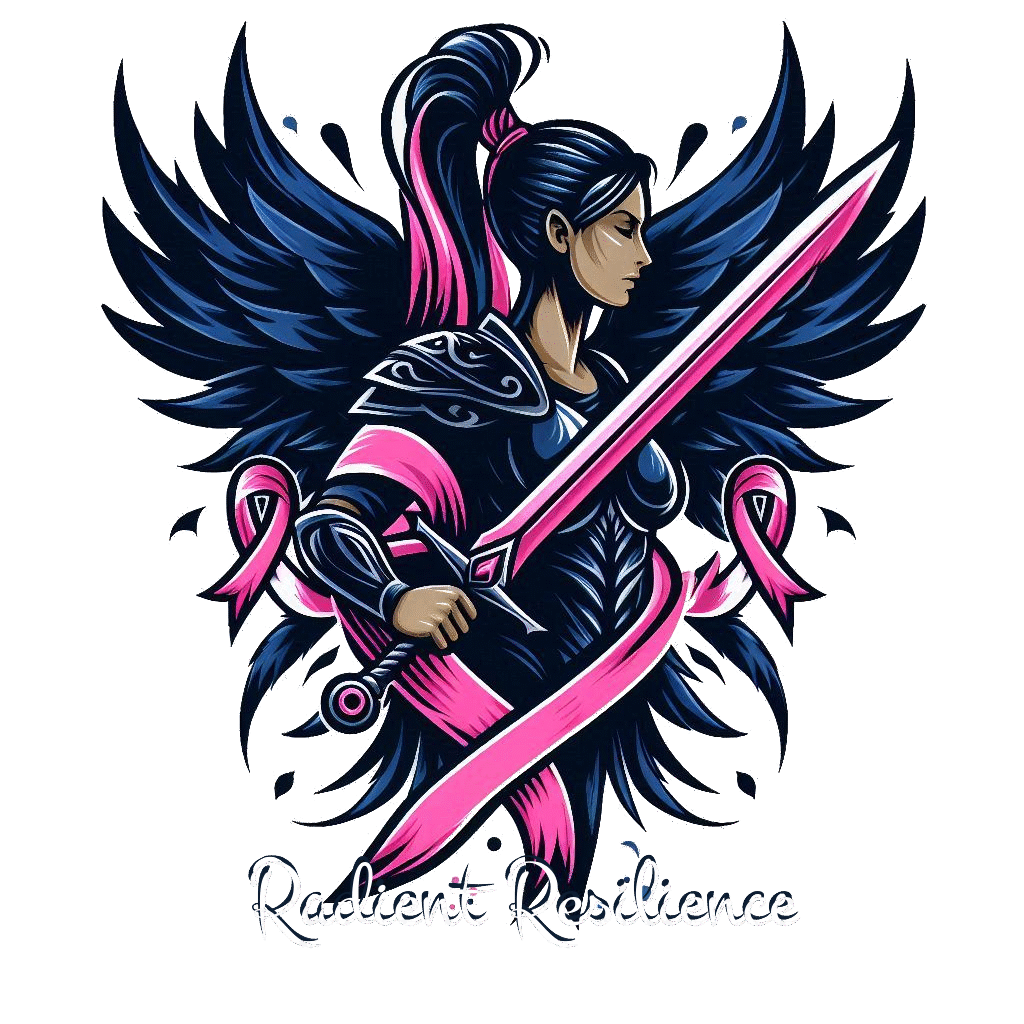Preparation (Before You Begin)
- Meal Prep for the Week: Prepare meals in advance, including both liquid and solid foods, as your appetite and tolerance may vary. A helpful resource is “Healthy Eating During Chemotherapy” by Jose van Mil.
- Comfortable Clothes: If a port will be used, consider port shirts available on Amazon.
- 64 oz Water Bottle: Staying hydrated is crucial. If you dislike water, opt for drinks with electrolytes.
- Peppermint Tea or Candy, Ginger: These can help with nausea and the taste of saline during medication administration.
- Phone Charger, Kindle, Laptop, or Book, Headset: Keep yourself entertained and connected.
- Lidocaine Prescription: Ask your doctor for lidocaine if you experience pain when the nurse accesses the port.
- Tote Bag for Treatment Days: Pack essentials like a charger, reading material, peppermint candy, and a pen and notepad for notes or questions for the doctor.
- Medication Reminders: Set reminders for any medication you need to take the night before and the day of treatment.
- Transportation: Arrange for someone to take you to treatments until you know how the side effects will affect you.
- Crackers by Bedside: Keep crackers handy for nausea.
- Extra Toothbrushes: Change your toothbrush after each treatment.
- Toilet Seat Covers: If you only have one bathroom, use toilet seat covers.
Day Of
- Eat Something Before You Go: This may help with nausea during treatment.
- Apply Lidocaine: Apply lidocaine to the port an hour before and again 30 minutes before treatment. An ice pack may also help.
- Bring Your Water Bottle: Stay hydrated during the session.
After Treatment
- Rest: You may feel tired, and that’s okay. Allow yourself some grace and rest if needed.
- Eat if You Can: Try to maintain your nutrition.
- Continue with Fluids: Keep hydrating.
- Use Disposable Toilet Seat Covers: Close the lid before flushing to contain radiation passed through urine.
- Manage Nerve Pain: Ice packs, Aleve, magnesium, yoga, acupuncture, or prescribed medication like Cymbalta can help.
- Compression Socks: These can aid circulation.
- Hair Loss: If you prefer not to use wigs, consider chemo caps and scarves. Remember, bald is beautif
- Communicate with Family: Be open about how you’re feeling to help them support you.
- Find Distractions: Engage in activities with support groups to maintain a positive attitude.
Your scars tell your beauty. Let your beauty shine. Steel forged in fire comes out stronger. I pray that your journey will be a successful one.


